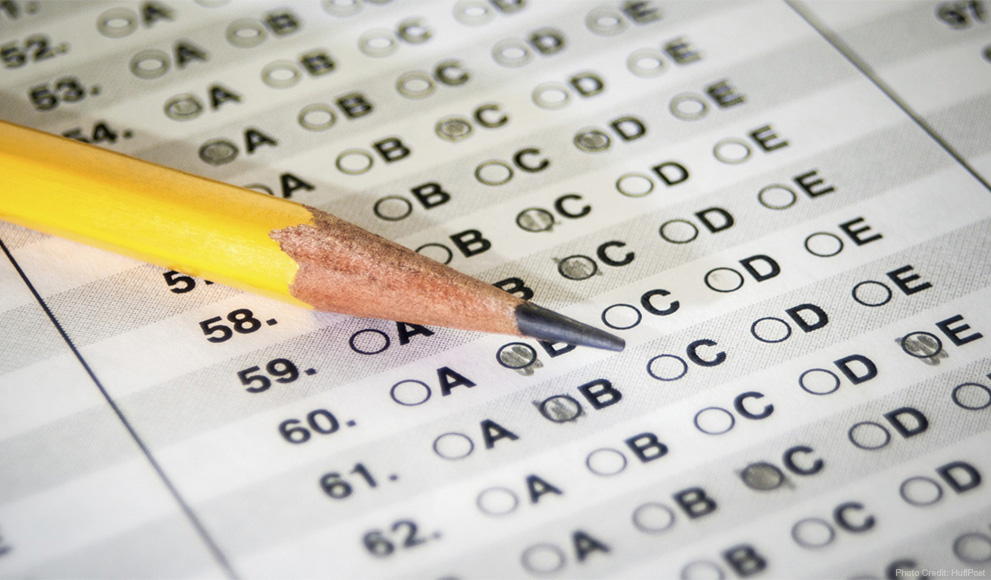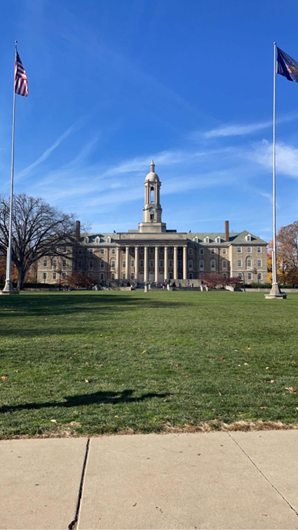The Effects of College Entrance Exams
February 15, 2020
 Entrance exams. What were first founded in 1926 as an adaption of the U.S. Army to check the intelligence of the recruits. From this test, taken only by a few thousand college applicants, arose the modern SAT that 1.7 million students and counting are taking today. But do administrators know the negative effects of college entrance exams on students?
Entrance exams. What were first founded in 1926 as an adaption of the U.S. Army to check the intelligence of the recruits. From this test, taken only by a few thousand college applicants, arose the modern SAT that 1.7 million students and counting are taking today. But do administrators know the negative effects of college entrance exams on students?
A number does not define how well a student does in school, and does not show how smart one is. Among surveyed teens, 83% cited school as a source of stress, and agreed that these exams were excessive, since they already had the stress from all the work they do in order to pass their classes and graduate. According to Harvard graduate Christina Simpson who had conducted this study back in 2015. Her research concluded that there is tons of pressure put onto students to make a good impression to get accepted into college, and that their transcript could end up being better than how their SAT. There has also been an increase in anxiety-related complaints in connection. Health consequences associated with preparing for college entrance exams, researched by the Alliance for Childhood include, “…stomach aches and vomiting, headaches, sleep problems, depression, attendance problems, and acting out”.
Overall the need to use college entrance exams to prove a student’s self to college admissions is harmful. How college entrance exams affect students is varied, from incidents of vomiting to anxiety attacks, and these exams contribute to the high levels of stress many students are already facing. As such, the efforts of not having the test should focus on minimizing these effects on students, and a reduction of the pressure that students often feel.









